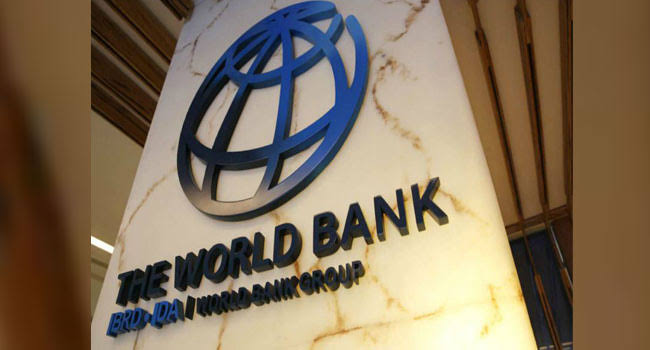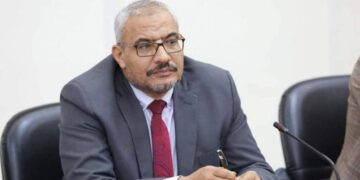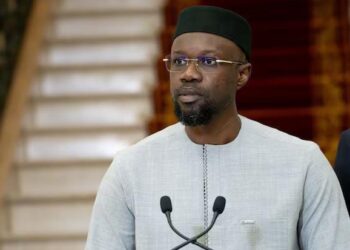By Lucy Adautin
The World Bank has approved $1.57 billion for Nigeria to boost human capital through improved health for women, children, and adolescents, and to build climate resilience.
The latest funding focuses on addressing governance issues that constrain the delivery of education and health (HOPE-GOV), $570m for the Primary Healthcare Provision Strengthening Program (HOPE-PHC) and $500m for the Sustainable Power and Irrigation for Nigeria Project (SPIN).
The HOPE-GOV and HOPE-PHC programs aim to enhance service delivery in Nigeria’s basic education and primary healthcare sectors, while the SPIN project focuses on improving dam safety and water resource management for hydropower and irrigation in selected areas.
The Program will increase availability and effectiveness of financing for basic education and primary healthcare service delivery, enhance transparency and accountability of financing and improve recruitment, deployment and performance management of basic education teachers and primary healthcare workers by federal, state, and local governments.
The HOPE-PHC project, part of the Health Sector Renewal Investment Initiative, aims to enhance reproductive, maternal, newborn, child, and adolescent health services, reducing maternal and under-five mortality and improving health system resilience, benefiting 40 million people, especially vulnerable populations.
The project is financed by a concessional $500m International Development Association (IDA) credit and an additional $70m in grant financing from the Global Financing Facility for Women, Children and Adolescents (GFF).
The GFF support includes $11m from the UK Foreign, Commonwealth & Development Office (FCDO) and $12.5m from the Children’s Investment Foundation Fund (CIFF) through joint financing with the GFF to help close the financing gap for primary and community healthcare and maternal newborn care at hospital-level, while also supporting government efforts to ensure sustainable financing for family planning commodities.
The SPIN Program will enhance dam safety in Nigeria to protect against floods and drought, while also providing improved irrigation and drainage services across 40,000 hectares.
This initiative will benefit up to 950,000 people, including households, farmers, and livestock breeders, by providing reliable, climate-resilient irrigation and water supply, leading to increased agricultural productivity through improved water management.
The SPIN project will also allow the government to develop a hydropower master plan and a public-private partnership for a hydropower initiative.
“Effective investment in the health and education of Nigerians today is central to increasing their future employment opportunities, productivity, and earnings, while reducing poverty of the most vulnerable. This new financing for human capital and primary healthcare will help to address the complex difficulties faced by Nigerians especially women and girls around access and quality of services, but also the governance arrangements that also explain these difficulties” said Dr. Ndiamé Diop, the World Bank Country Director for Nigeria.
“The SPIN program is timely and will protect Nigerians from floods and droughts in the areas where it will be implemented, while enabling an increase in hydropower generation. The direct positive impact of this project on people and livelihoods is enormous. The World Bank is pleased to work with the government and other stakeholders to deliver this program,” Diop added.

































